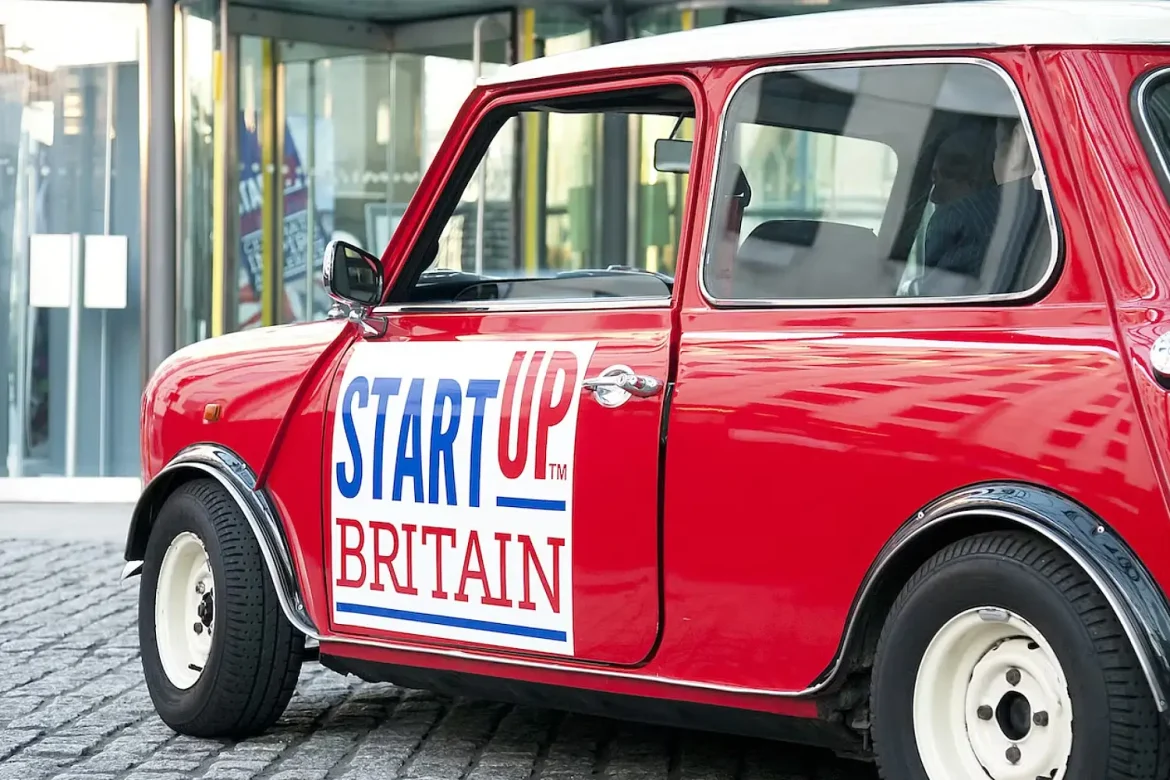Start-ups play a vital role in driving innovation, creating jobs, and energising the UK economy. Across sectors ranging from fintech to food tech, British entrepreneurs continue to launch ventures with fresh ideas and bold ambitions. However, establishing a start-up is rarely straightforward, and the environment in which these businesses operate is constantly evolving.
One of the biggest hurdles for new businesses is access to funding. While angel investors, crowdfunding platforms, and government-backed schemes provide some support, competition for capital is fierce. Start-ups often rely on a mix of early revenue, strategic partnerships, and reinvestment to fuel their initial growth. Financial planning and realistic goal setting are key to long-term viability.
The support ecosystem in Britain has expanded considerably, especially in regions beyond London. Incubators, accelerators, and co-working hubs offer guidance, networking, and resources that can help start-ups scale effectively. Programmes such as Innovate UK provide a framework for accessing grants and connecting with mentors and advisors.





